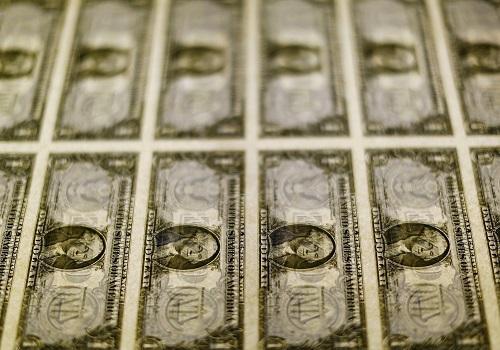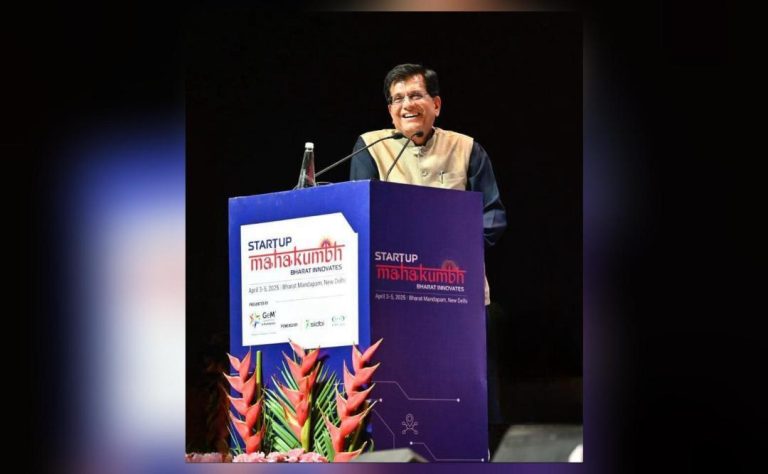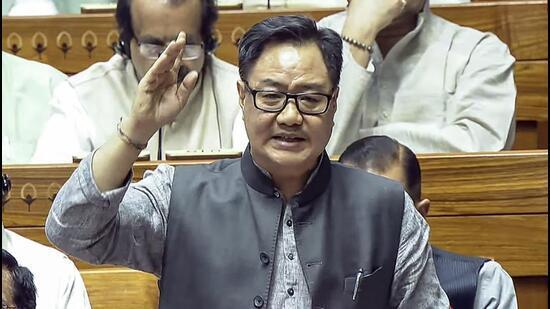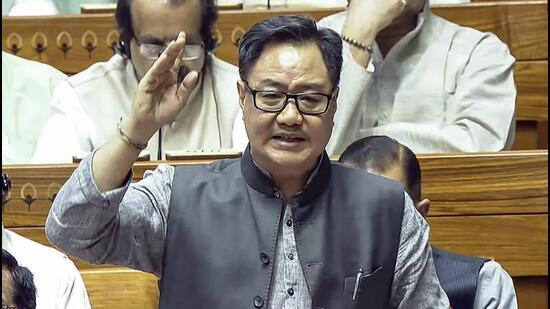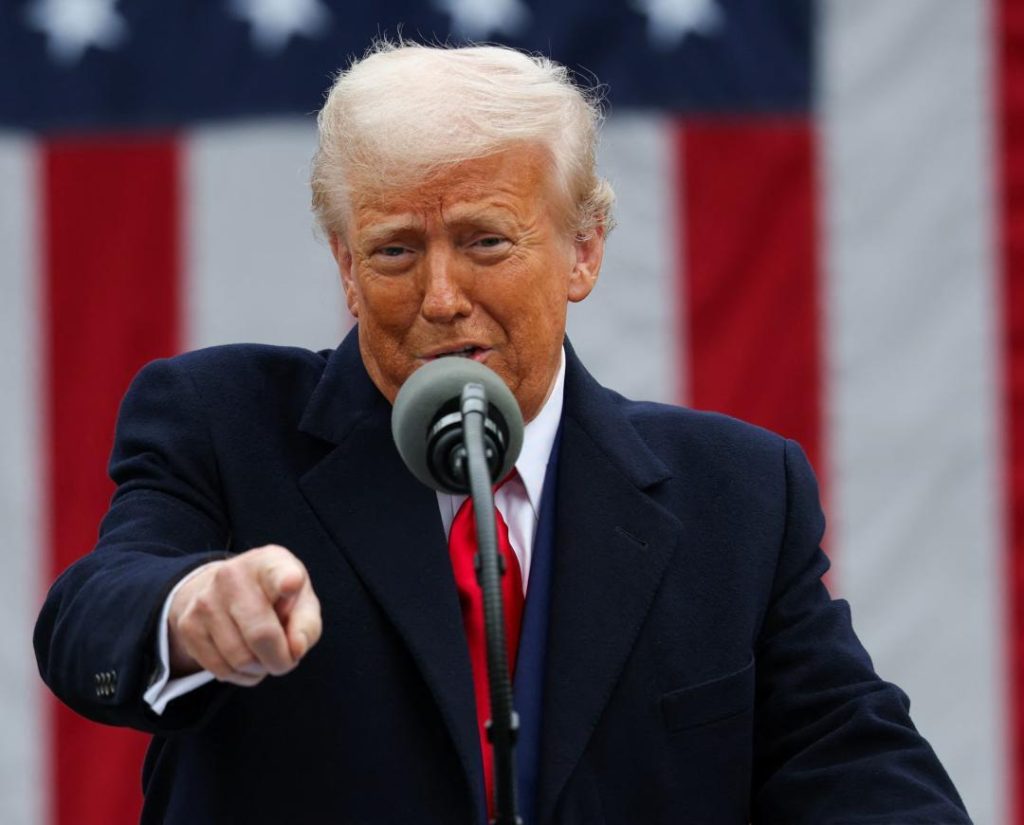
Which Goods & Items are Exempt from Trump’s New Tariffs?
In a bid to protect the American economy, US President Donald Trump has announced reciprocal tariffs on various goods and items imported from several countries, including China. However, not all commodities are affected by these tariffs. Certain goods and items have been kept out of the ambit of Trump’s tariffs, providing relief to industries and countries that are heavily reliant on these products.
This blog post will delve into the list of exempted goods and items, which include pharmaceuticals, bullion, energy, minerals, copper, steel, aluminum, semiconductors, and lumber articles. We will also explore the significance of these exemptions, especially for India, which is a major exporter of pharmaceutical products.
Pharmaceuticals: A Significant Exemption for India
Pharmaceuticals are one of the most significant exemptions from Trump’s tariffs. India is a major exporter of pharmaceutical products, with nearly $9 billion worth of exports to the US every year. The exemption of pharmaceuticals from tariffs is a huge relief for the Indian pharma industry, which has been facing significant challenges in recent times. The industry has been struggling to cope with the impact of price controls, regulatory hurdles, and intense competition from generic drugs.
The exemption of pharmaceuticals from tariffs is also a significant win for the US, as it ensures that the country continues to receive critical medicines and drugs that are not manufactured domestically. The exemption is expected to benefit both the US and Indian pharmaceutical industries, as it will help maintain a healthy trade relationship between the two countries.
Bullion: A Store of Value
Another important exemption from Trump’s tariffs is bullion, which includes physical gold and silver of high purity. Bullion is considered a store of value and is often used as a hedge against inflation and currency fluctuations. The exemption of bullion from tariffs is significant, as it ensures that investors can continue to buy and sell gold and silver without having to pay additional duties.
The exemption of bullion from tariffs is also beneficial for countries that rely heavily on gold and silver exports. For example, India is one of the largest consumers of gold in the world and imports a significant amount of gold from countries like the US.
Energy: A Sensitive Sector
Energy is another sector that has been exempted from Trump’s tariffs. Energy is a critical sector for any economy, and the exemption of energy products from tariffs is significant. Energy products, such as crude oil, natural gas, and coal, are essential for powering industries and generating electricity.
The exemption of energy products from tariffs is also beneficial for countries that rely heavily on energy imports. For example, the US is a significant importer of crude oil, and the exemption of energy products from tariffs ensures that the country can continue to receive critical energy supplies.
Minerals: A Crucial Component of Modern Industry
Minerals are another important exemption from Trump’s tariffs. Minerals, such as copper, zinc, and tin, are critical components of modern industry and are used in a wide range of applications, including construction, manufacturing, and electronics.
The exemption of minerals from tariffs is significant, as it ensures that industries can continue to receive the critical minerals they need to operate. The exemption is also beneficial for countries that rely heavily on mineral exports, such as Chile, which is a major producer of copper.
Copper: A Critical Component of Modern Infrastructure
Copper is another metal that has been exempted from Trump’s tariffs. Copper is a critical component of modern infrastructure and is used in a wide range of applications, including construction, manufacturing, and electronics.
The exemption of copper from tariffs is significant, as it ensures that industries can continue to receive the critical copper they need to operate. The exemption is also beneficial for countries that rely heavily on copper exports, such as Chile, which is a major producer of copper.
Steel and Aluminum: A Sensitive Sector
Steel and aluminum are two sectors that have been exempted from Trump’s tariffs. Steel and aluminum are critical components of modern industry and are used in a wide range of applications, including construction, manufacturing, and transportation.
The exemption of steel and aluminum from tariffs is significant, as it ensures that industries can continue to receive the critical metals they need to operate. The exemption is also beneficial for countries that rely heavily on steel and aluminum exports, such as Canada, which is a major producer of steel and aluminum.
Semiconductors: A Critical Component of Modern Electronics
Semiconductors are another important exemption from Trump’s tariffs. Semiconductors are critical components of modern electronics and are used in a wide range of applications, including smartphones, computers, and televisions.
The exemption of semiconductors from tariffs is significant, as it ensures that industries can continue to receive the critical semiconductors they need to operate. The exemption is also beneficial for countries that rely heavily on semiconductor exports, such as Taiwan, which is a major producer of semiconductors.
Lumber Articles: A Critical Component of Construction
Lumber articles are another sector that has been exempted from Trump’s tariffs. Lumber articles, such as wood and wood products, are critical components of construction and are used in a wide range of applications, including building homes and furniture.
The exemption of lumber articles from tariffs is significant, as it ensures that industries can continue to receive the critical lumber they need to operate. The exemption is also beneficial for countries that rely heavily on lumber exports, such as Canada, which is a major producer of lumber.
Conclusion
In conclusion, Trump’s tariffs on various goods and items are not applicable to all commodities. Certain goods and items, such as pharmaceuticals, bullion, energy, minerals, copper, steel, aluminum, semiconductors, and lumber articles, have been exempted from these tariffs. These exemptions are significant, as they ensure that industries can continue to receive critical goods and services that are essential to their operations.
The exemptions are also beneficial for countries that rely heavily on these goods and services, such as India, which is a major exporter of pharmaceutical products. The exemptions are expected to have a significant impact on the global economy, as they will help maintain a healthy trade relationship between countries.
Source:
